Filter by
SubjectRequired
LanguageRequired
The language used throughout the course, in both instruction and assessments.
Learning ProductRequired
LevelRequired
DurationRequired
SkillsRequired
SubtitlesRequired
EducatorRequired
Explore the Computational Neuroscience Course Catalog
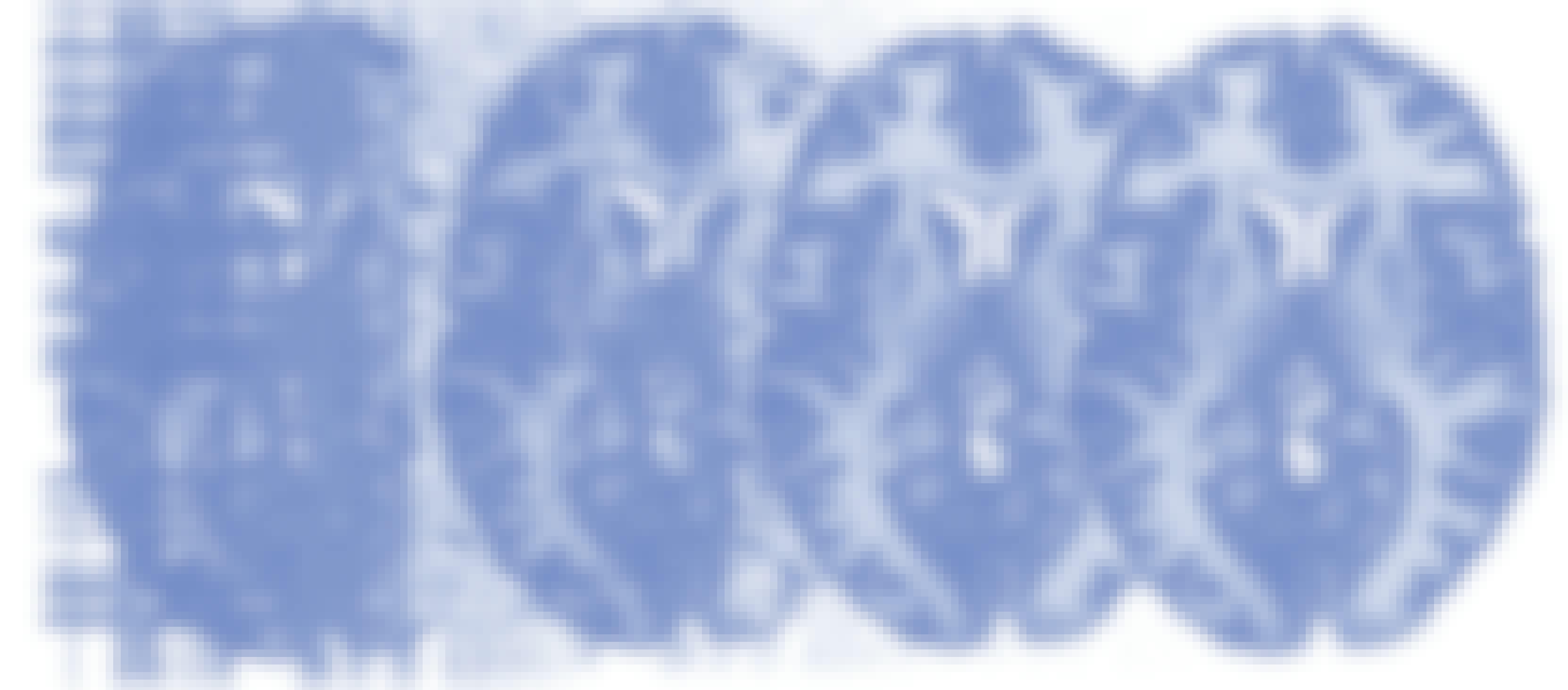 Status: Free Trial
Status: Free TrialJohns Hopkins University
Skills you'll gain: Magnetic Resonance Imaging, Data Analysis, Analysis, Image Analysis, Statistical Analysis, Experimentation, Network Analysis, Research Design, Regression Analysis, Psychology, Time Series Analysis and Forecasting, Matlab, Mental and Behavioral Health, Neurology, Statistical Modeling, Statistical Methods, Research
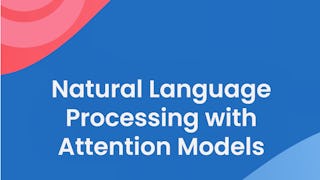 Status: Free Trial
Status: Free TrialDeepLearning.AI
Skills you'll gain: Natural Language Processing, PyTorch (Machine Learning Library), Keras (Neural Network Library), Deep Learning, Tensorflow, Machine Learning Methods, Artificial Intelligence, Artificial Neural Networks, Text Mining, Data Processing
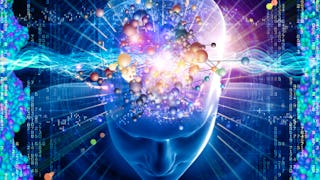
The University of Edinburgh
Skills you'll gain: Artificial Intelligence, Agentic systems, Psychology, Anthropology, Human Learning, Human Development, Machine Learning, Science and Research
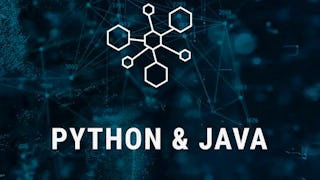 Status: Free Trial
Status: Free TrialUniversity of Pennsylvania
Skills you'll gain: Matplotlib, Object Oriented Design, Java, Object Oriented Programming (OOP), Data Analysis, Unit Testing, Pandas (Python Package), Eclipse (Software), Data Structures, Data Cleansing, Debugging, Pivot Tables And Charts, Data Visualization Software, Software Testing, Integrated Development Environments, Program Development, Programming Principles, Python Programming, Computer Programming, Computational Thinking

Emory University
Skills you'll gain: Pharmacology, Mental and Behavioral Health, Human Learning, Neurology, Behavioral Health, Socioeconomics, Vulnerability, Health Policy, Laboratory Research, Public Health
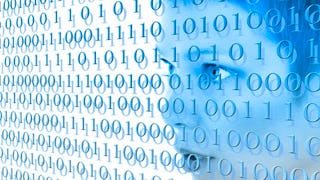 Status: Free Trial
Status: Free TrialDuke University
Skills you'll gain: Hypertext Markup Language (HTML), HTML and CSS, Cascading Style Sheets (CSS), Web Development, Programming Principles, Javascript, Web Design, Computer Programming, Image Analysis, Computational Thinking, Algorithms, Debugging
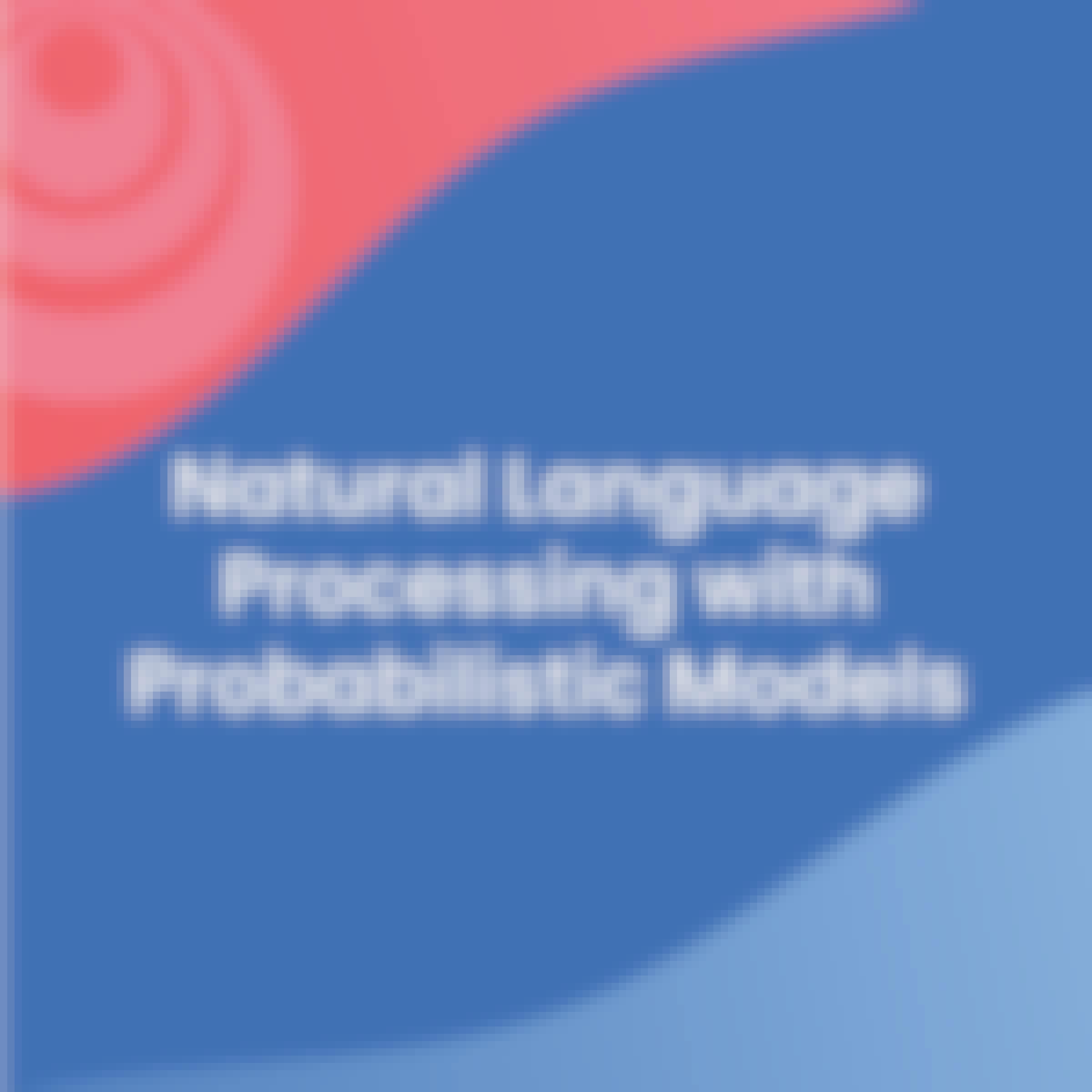 Status: Free Trial
Status: Free TrialDeepLearning.AI
Skills you'll gain: Natural Language Processing, Markov Model, Text Mining, Artificial Intelligence and Machine Learning (AI/ML), Artificial Neural Networks, Machine Learning Methods, Data Processing, Algorithms, Data Cleansing, Probability & Statistics
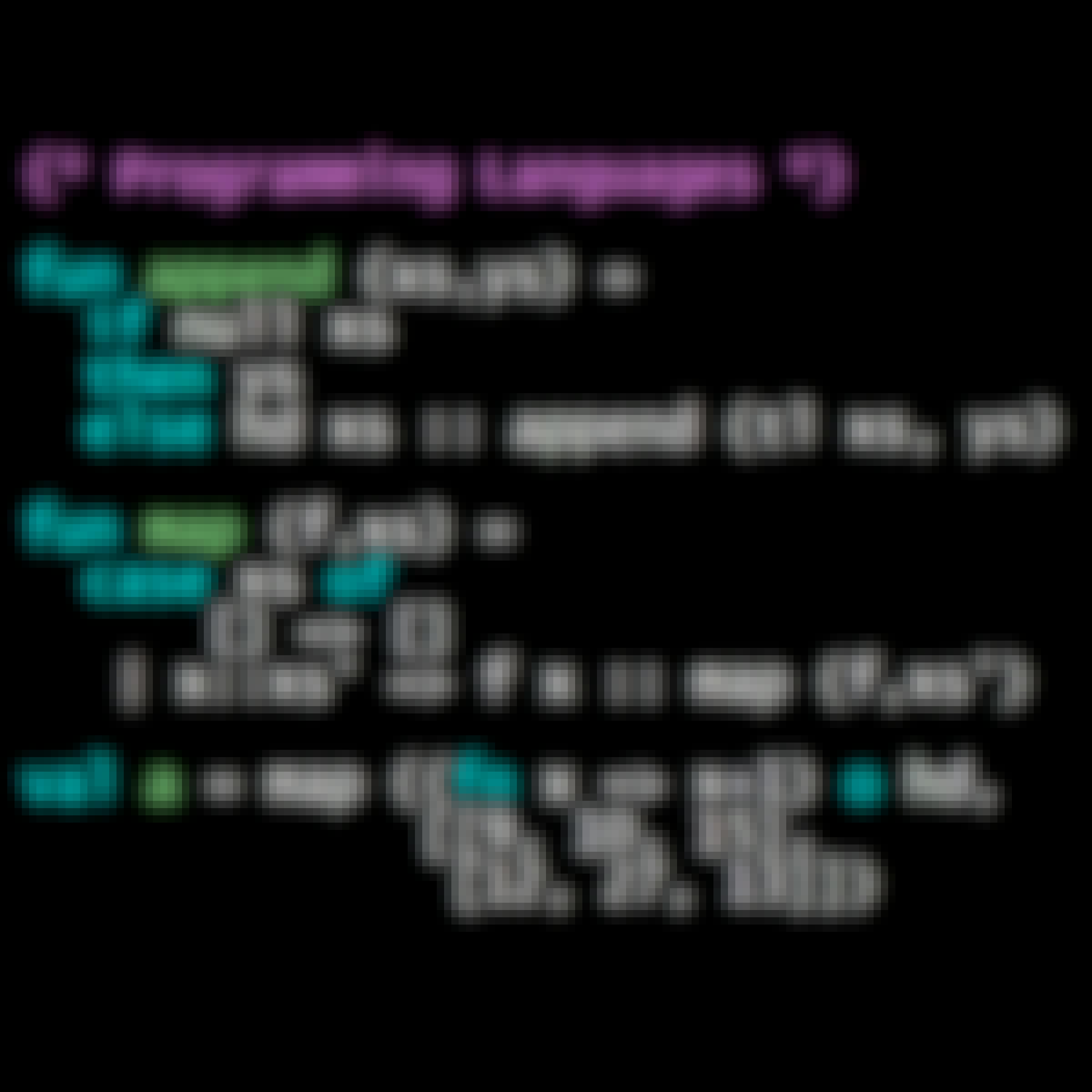
University of Washington
Skills you'll gain: Software Installation, Programming Principles, Other Programming Languages, Functional Design, Ruby (Programming Language), Software Design Patterns, Computational Thinking
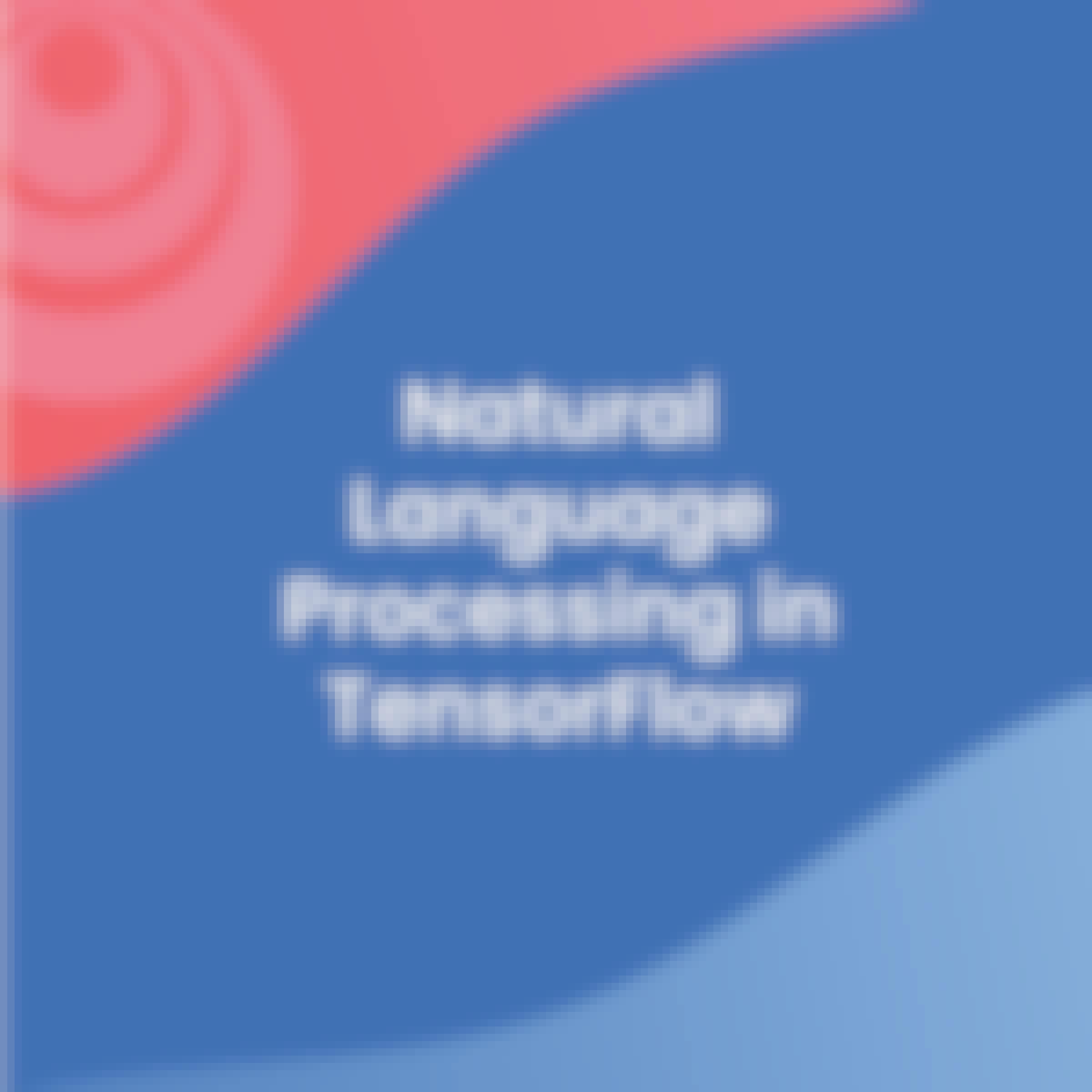 Status: Free Trial
Status: Free TrialDeepLearning.AI
Skills you'll gain: Tensorflow, Natural Language Processing, Generative AI, Deep Learning, Artificial Intelligence and Machine Learning (AI/ML), Artificial Neural Networks, Text Mining, Data Processing
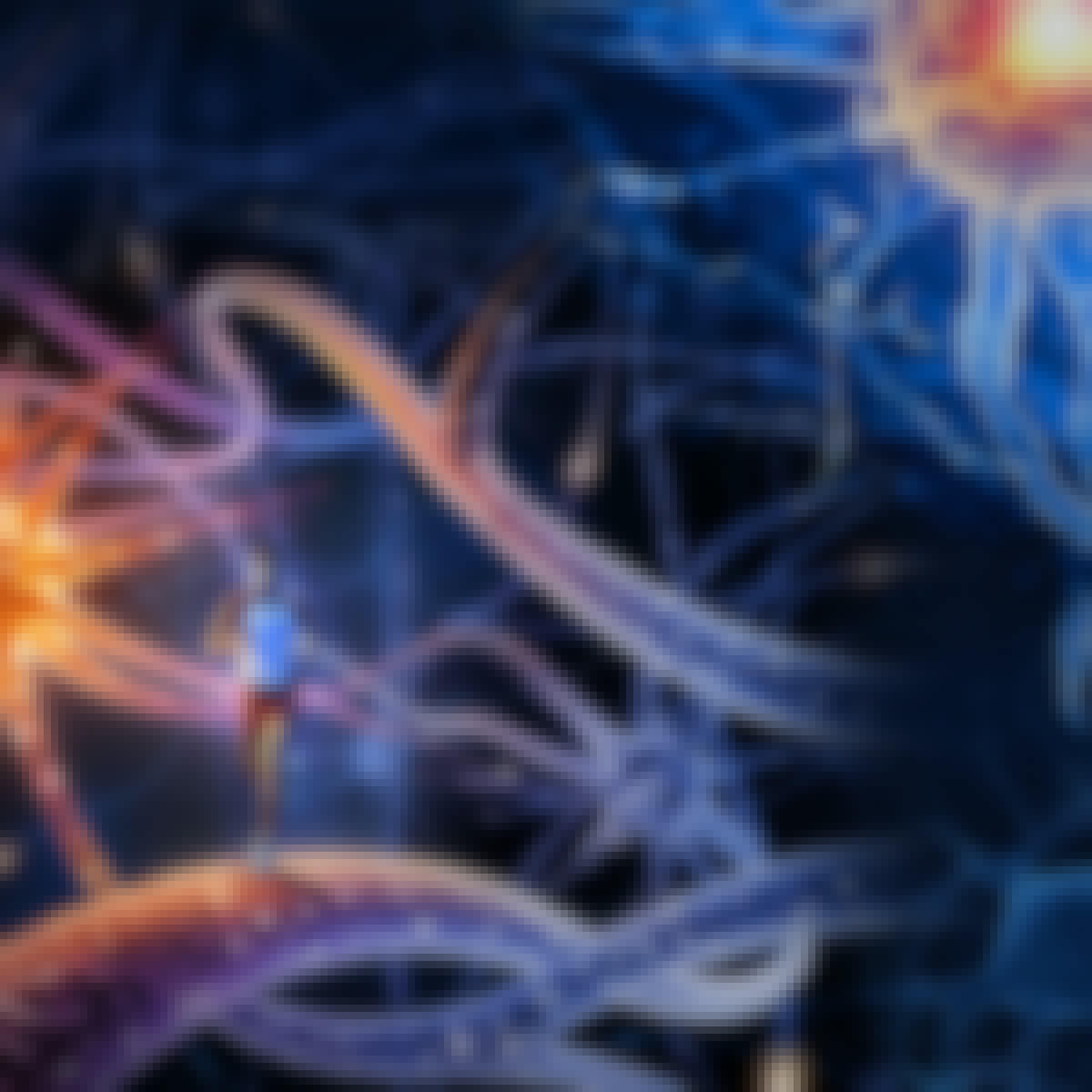
Peking University
Skills you'll gain: Neurology, Anatomy, Molecular Biology, Biochemistry, Biology, Basic Electrical Systems, Scientific Methods, Research
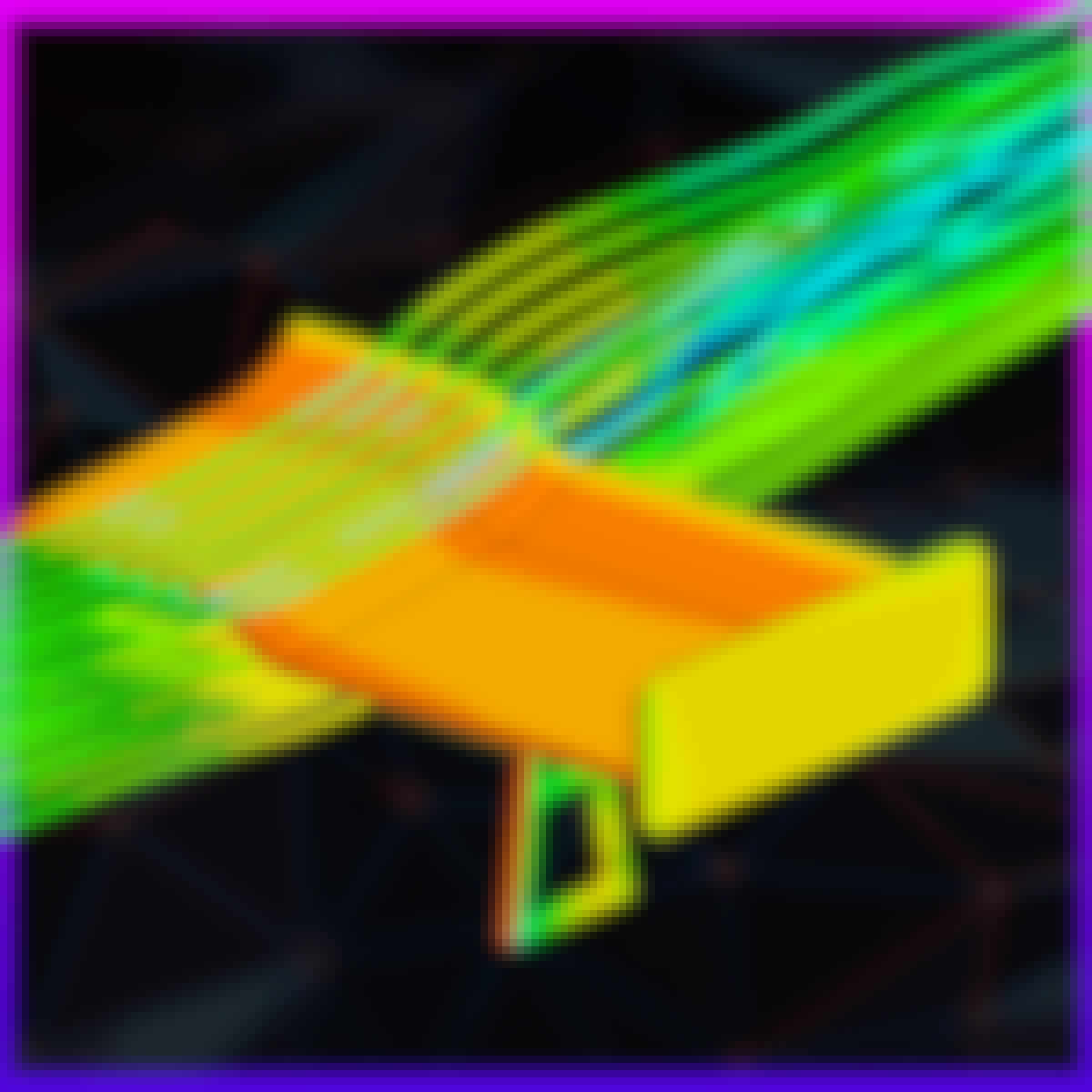 Status: Free
Status: FreeCoursera Project Network
Skills you'll gain: Simulation and Simulation Software, Engineering Analysis, Engineering, Prototyping, Computer-Aided Design, Cloud Computing

Università Bocconi
Skills you'll gain: Conflict Management, Team Motivation, Intercultural Competence, Professional Networking, Organizational Leadership, Cultural Diversity, Cross-Functional Team Leadership, Communication, Leadership, Relationship Building, Ethical Standards And Conduct, Decision Making
Computational Neuroscience learners also search
In summary, here are 10 of our most popular computational neuroscience courses
- Principles of fMRI 2: Johns Hopkins University
- Natural Language Processing with Attention Models: DeepLearning.AI
- Philosophy and the Sciences: Introduction to the Philosophy of Cognitive Sciences: The University of Edinburgh
- Introduction to Programming with Python and Java: University of Pennsylvania
- The Addicted Brain: Emory University
- Programming Foundations with JavaScript, HTML and CSS: Duke University
- Natural Language Processing with Probabilistic Models: DeepLearning.AI
- Programming Languages, Part A: University of Washington
- Natural Language Processing in TensorFlow: DeepLearning.AI
- Advanced Neurobiology I: Peking University










